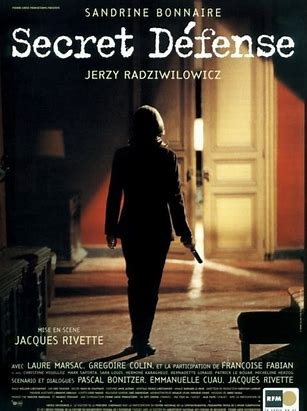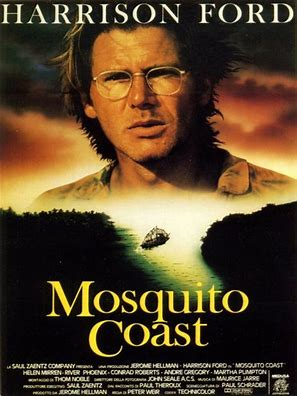Near the start of Jacques Rivette’s Secret
defense, Paul Rousseau (Gregoire Colin) tries to steal a gun from his
sister Sylvie Rousseau (Sandrine Bonnaire); his target is the successful
industrialist Walser, newly suspected by Paul of killing their father, at that
time Walser’s boss, five years previously. It’s a classic Hitchcockian-type
set-up, and Rivette often plays it straight enough that the packaging of my old
DVD copy gamely tried to sell the film as a conventional thriller (“A father’s
death…A daughter’s obsession…Revenge was the only answer”). But of course, the director also
continually subverts any such genre expectations and norms: a train journey
which might easily have been condensed into a few seconds or less of screen
time extends over fifteen or twenty minutes; a key revelation about the dead
father is delivered almost casually, during another train journey; and so on. The
film has a sense of magnetic contraction, with all the characters being drawn
toward Walser’s country estate, a location with which the Rousseau family has a
long connection (and one of many such labyrinthine, figuratively haunted
locations in Rivette’s work); there’s often a sense of narrative echo, with the
father’s death recalling an earlier family tragedy along similar lines, and
with one key character who departs from the narrative rapidly replaced for most
purposes by a look-alike sister. Bonnaire’s often flinty, brittle performance
speaks to the strain of things not confronted within or without (an amusing
subplot involves a persistent suitor who she perpetually keeps at arm’s length,
without ever actually extinguishing all hope); the “top secret” of the title
refers as much to unexplored inner or cinematic possibilities as to the
specific folds of the plot. But overall, without buying into those marketing
excesses I cited, the film would indeed be a relatively accommodating entry
point into Rivette’s stunning cinematic world.





